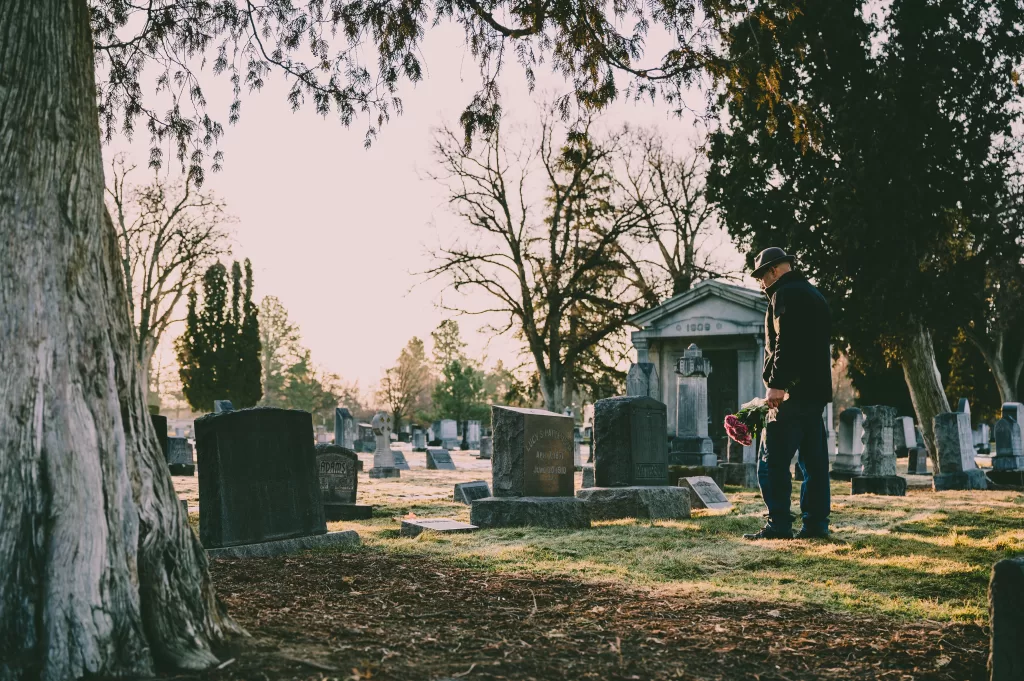When faced with the responsibility of organizing a funeral, understanding the variety of options available is crucial. In the United States, funeral services have evolved to include traditional funerals, cremations, and celebration of life services, each offering a unique way to honor the deceased. Traditional funerals typically involve a visitation or wake, a funeral service, and often a graveside service with burials. Cremation, on the other hand, offers an alternative with options for memorial services before or after the crematory process.
It’s important to consider the wishes of the deceased, if known, and the preferences of family members. Some may prefer a more traditional approach, while others might opt for a celebration of life service, which focuses on commemorating the life lived rather than mourning the loss. These services can be personalized and often include sharing memories, music, and readings that were meaningful to the deceased and their loved ones.
Organizing A Funeral Service: How To Ensure The Day Goes Smoothly
Selecting the Right Funeral Home
Choosing the right funeral home is a pivotal step in planning a funeral service. It’s essential to select a facility that not only offers the services you need but also aligns with your family’s values and budget. In selecting a funeral home, consider factors such as location, the range of services offered (such as funeral, cremation, and burials), the demeanor of the staff, and the overall atmosphere of the facility. It’s also helpful to read reviews and seek recommendations from others who have had to make similar arrangements.
Visiting potential funeral homes in person can provide a sense of the environment and the level of service you can expect. You can contact places such as Ingram Funeral Home to find out more about the funeral services that they provide and enquire about a visit. During these visits, don’t hesitate to ask questions about their services, costs, and any additional support they may offer during this challenging time.
Planning the Funeral Service Details
Once you have selected a funeral home, the next step is to plan the details of the service. This involves a multitude of decisions, from choosing a casket or urn to deciding on the type of service. If you’re considering a celebration of life service, this often includes a more personal touch, focusing on the unique life and memories of the deceased. Whether you choose a traditional funeral or a celebration of life, these services can be tailored to reflect the personality, beliefs, and preferences of the deceased.
It’s important to collaborate with the funeral director to ensure all aspects of the service are covered. This includes selecting music, readings, and deciding who will speak or participate in the service. Additionally, you’ll need to consider logistical details like the date and time of the service, transportation for the family, and any post-service gatherings.
Writing and Publishing an Obituary
An obituary serves as an important announcement of the person’s passing and provides details about the funeral or memorial service. Writing an obituary can be a therapeutic way to honor the deceased and share their story with the community. The obituary typically includes basic information such as the person’s name, age, a brief account of their life, information about the funeral service, and special messages from the family.
Many funeral homes offer assistance in writing and publishing obituaries in local newspapers and on their websites. It’s advisable to draft the obituary with care, ensuring all important details are included and the tone reflects the spirit of the deceased. In today’s digital age, online obituaries also allow for a broader reach, enabling friends and relatives who are far away to access the information easily.





